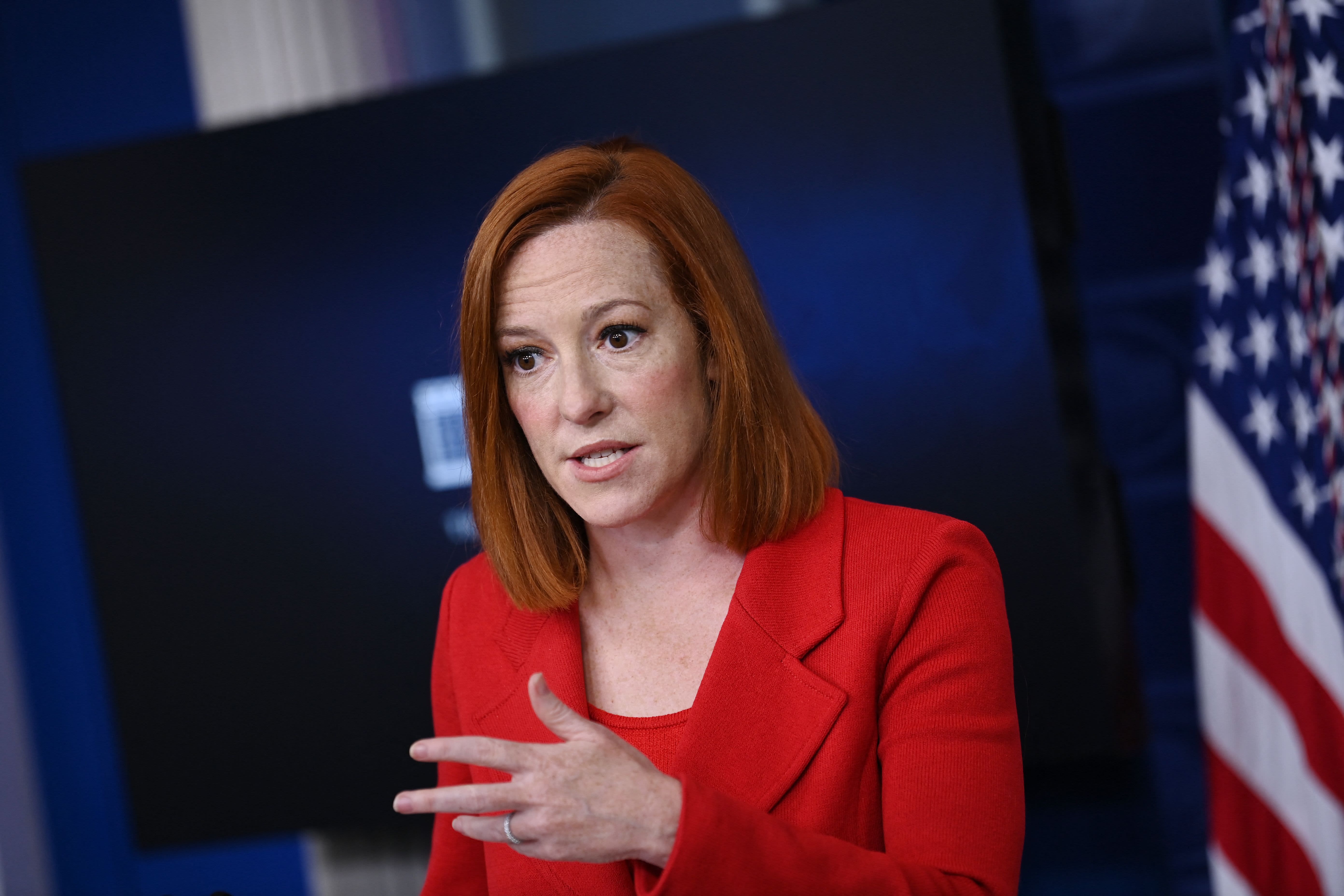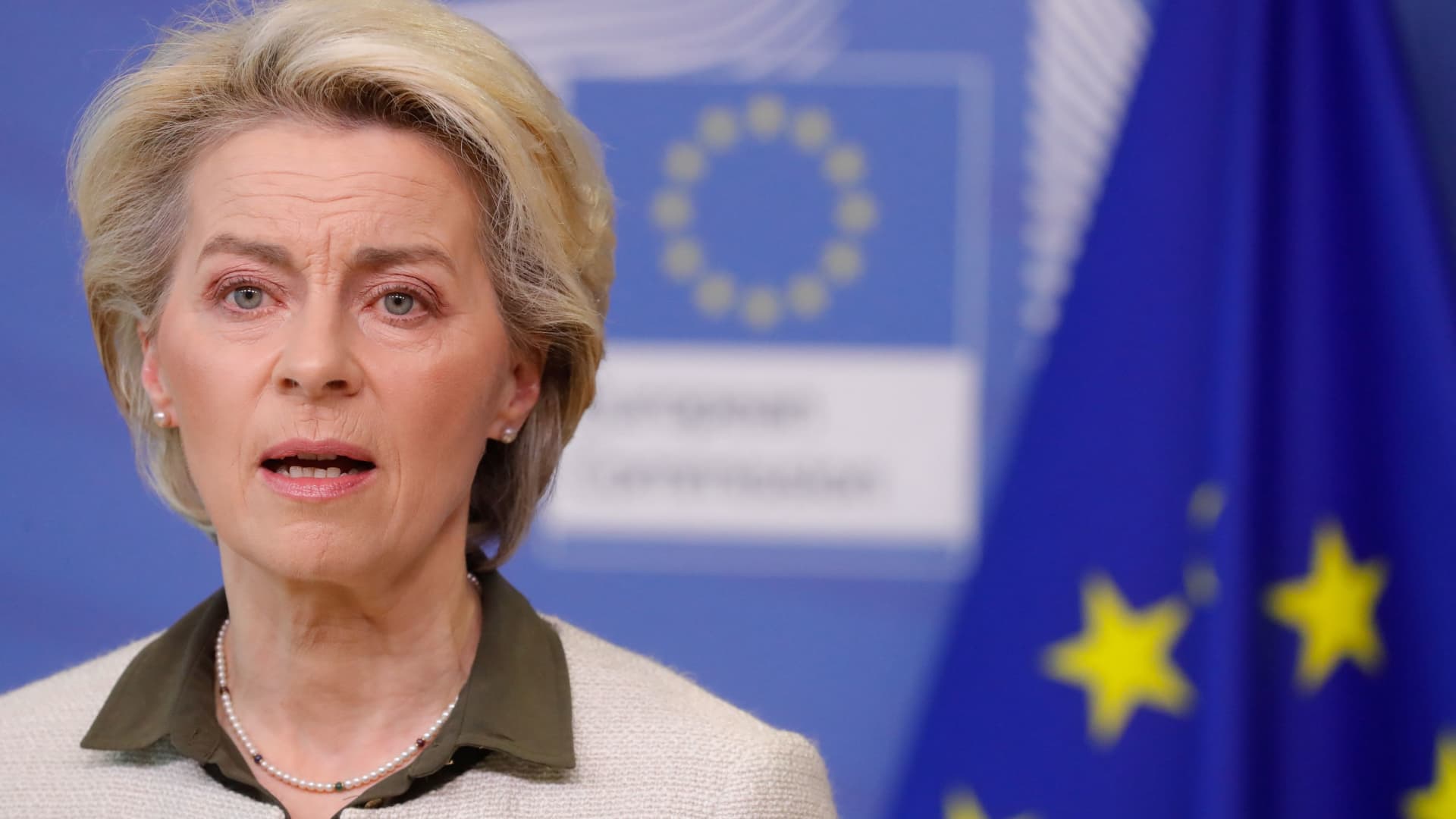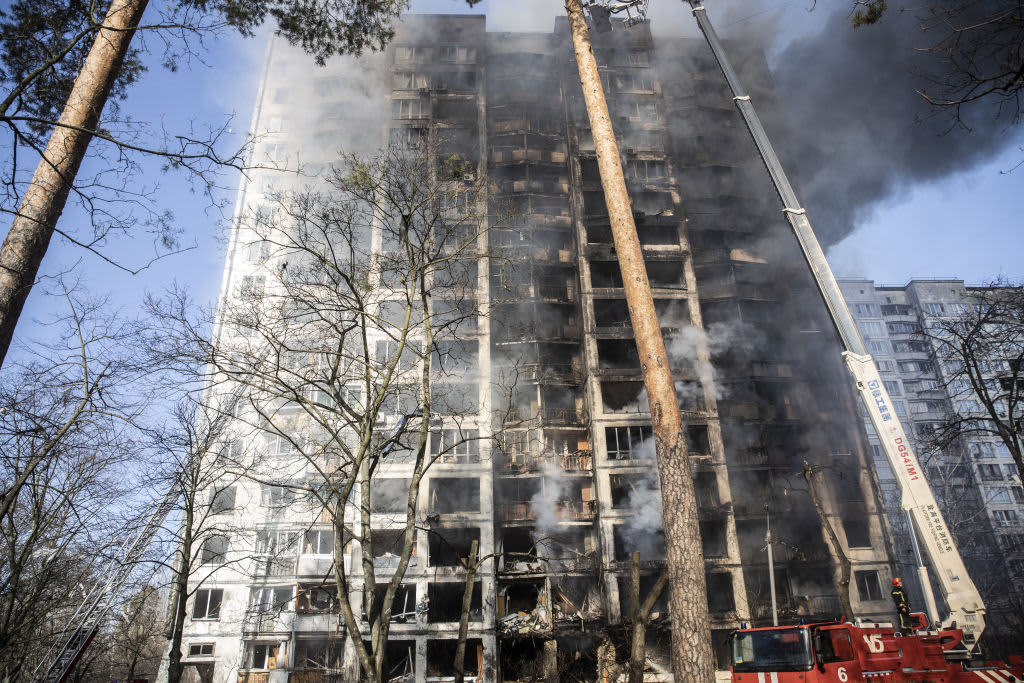'Get Britain building again': New UK finance chief restores housing targets
Britain's new finance chief on Monday outlined a spate of measures to revitalize the U.K.'s languishing economic growth and address national housing shortages.

Britain's Chancellor of the Exchequer Rachel Reeves delivers a speech at the Treasury, to an audience of leading business figures and senior stakeholders, announcing the first steps the new Labour Government will take to deliver economic growth, in London on July 8, 2024.
Jonathan Brady | Afp | Getty Images
LONDON — Britain's new finance chief on Monday outlined a spate of measures to revitalize the U.K.'s languishing economic growth and address national housing shortages.
"I have repeatedly warned that whoever won the general election would inherit the worst set of circumstances since the Second World War. What I have seen in past 72 hours has only confirmed that," newly minted Finance Minister Rachel Reeves said in her first major speech in the post on Monday, adding that "nowhere is decisive reform needed more urgently than in the case of our planning system."
A former Bank of England economist, Reeves was appointed as Britain's first female chancellor of the exchequer — equivalent to a finance minister — on Friday, when newly invested Prime Minister Keir Starmer named his first Cabinet. Ahead of her first speech, she championed economic growth as both a party priority and the "national mission." She is not expected to deliver her first state budget until the fall and on Monday said she will reveal the explicit timeline "in due course."
Reeves added that she has instructed Treasury officials to provide an assessment on the state of British spending inherited from the previous Conservative administration, which she aims to present to Parliament before summer recess.
Housing and planning were center stage in Reeves' Monday speech:
"First, we will reform the national planning policy framework, consulting on a new growth-focused approach to the planning system before the end of the month. Including restoring mandatory housing targets. And as of today we are ending the absurd ban on new onshore wind [farms] in England," she said.
"We are going to get Britain building again. We are going to get Britain's economy growing again. And there is no time to waste," Reeves added.
House building has surfaced as a key priority of the Labour government, which seeks to cut through the red tape that has chronically fettered housing supply and ballooned the country's real estate market. A total of 212,570 new homes were completed last year under the Conservative administration, according to government figures, while the Resolution Foundation think tank in late March found that U.K. households receive "an inferior product in terms of both quantity and quality," even as, "compared to our general price levels, the UK has the highest quality-adjusted price of housing of any developed economy."

Shares of house builders perked up on Friday amid expectations that last week's Labour win will reignite momentum on planning. The faction previously pledged to build 1.5 million new homes (300,000 a year) and reaffirmed the objective in its latest campaign manifesto, brandishing it will not be "afraid to make full use of intervention powers to build the houses we need," where necessary.
The target is seen as a tall order by some, with previous governments largely failing on similar pledges. Hugo Bessis, a senior economist for cities and regions at Capital Economics, said in a recent note that housing reform "is indeed complex because although it is regarded as a national challenge, the issue is very much a local one."
"For politicians, this means that change is often met with a lot of resistance," he said.
Reeve's comments come as Britain convalesces from a shallow recession in the latter half of last year and a period of economic uncertainty, following the U.K.'s departure from the European Union, the Covid-19 pandemic, and international inflationary pressures in the wake of Russia's invasion of Ukraine and the rekindled war in the Middle East. London has also been fighting to regain its luster as a global financial center amid a dearth of fresh IPO listings.
"In an uncertain world, Britain is a place to do business," the new finance chief pledged Monday. "I know that many businesses have looked at Britain these last few years and have doubted whether we are a safe haven for investment. I want that to change, and with me as Chancellor, I believe they will."
Labour faces a withered economic picture in the short term — the U.K.'s Office for Budget Responsibility expects just a 0.8% GDP growth this year, followed by 1.9% expansion in 2025. The International Monetary Fund projects this year's growth at a weaker 0.5%. Weighing on the outlook, public sector net debt, excluding public sector banks, stood at a preliminary 99.8% of GDP at the end of May, according to official data.

"Our number one mission is to have the highest sustained growth in the G7, with good jobs and productivity in all parts of the country," Reeves said in her speech.
In its 135-page manifesto, the now governing party vowed to deliver "wealth creation," as well as raise £7.35 billion ($9.42 billion) by 2028-29 to fund public services through closing further tax loopholes. It also set out to create a £7.3 billion national wealth fund to funnel funding in steel, automotives, carbon capture tech and gigafactories.
As part of broader monetary policies, she confirmed that the new Labour administration has no current intentions of changing the way in which the Bank of England's reserves are treated or the interest that they accrue.


 Tfoso
Tfoso 
























.jpg)






